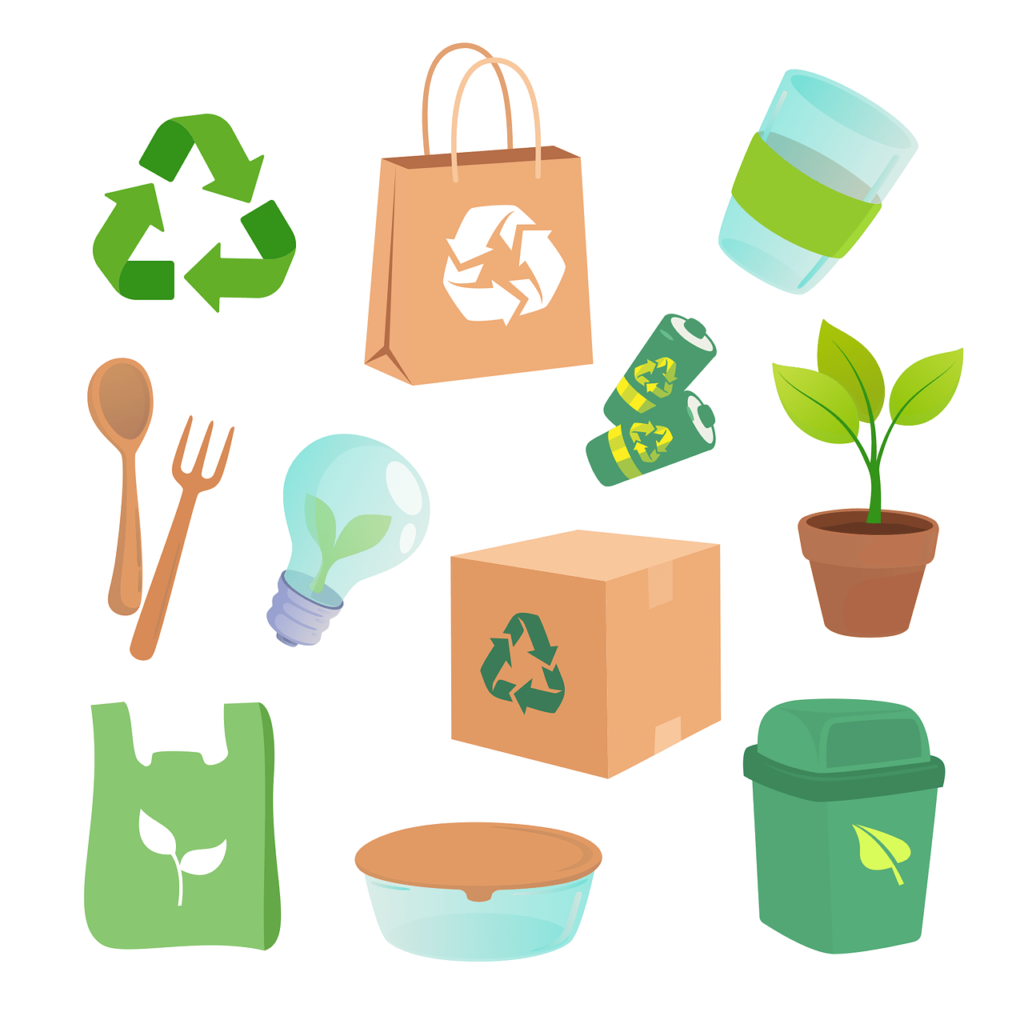In the quest for sustainable transportation, electric vehicle (EV) manufacturers have been actively seeking ways to address the ever-growing concern of battery recycling. With the rising popularity of EVs, the need for proper disposal and recycling of lithium-ion batteries has become crucial. This article explores how EV manufacturers are taking strides towards developing innovative solutions that not only ensure proper management of battery waste but also contribute to a more sustainable future for the automotive industry.

This image is property of pixabay.com.
Introduction
Welcome to our comprehensive article on battery recycling solutions in the electric vehicle (EV) industry. As the popularity of EVs continues to rise, so does the concern about the environmental impact of the batteries that power them. Battery recycling has become a growing concern as the number of EVs on the road increases, and manufacturers and governments are taking steps to address this issue. In this article, we will explore the various initiatives, regulations, and technological advancements that are shaping the future of battery recycling in the EV industry.
Growing Concerns
As the adoption of EVs accelerates, there are growing concerns about the environmental impact of their batteries. The batteries used in EVs contain various valuable and toxic materials, such as lithium, cobalt, and nickel. Improper disposal of these batteries can lead to soil and water contamination, posing a threat to both human health and the environment. It is estimated that by 2025, the number of EV batteries that require recycling could reach over 2 million annually. This has prompted stakeholders, including manufacturers, governments, and environmental organizations, to collaborate and find sustainable solutions.
Government Regulations and Initiatives
Governments around the world are recognizing the importance of battery recycling and are implementing regulations and initiatives to encourage proper disposal and recycling of EV batteries. These regulations often include requirements for manufacturers to take responsibility for the end-of-life management of their batteries. For instance, the European Union’s Battery Directive mandates that EV manufacturers establish systems for the collection and recycling of used batteries. In the United States, several states have implemented laws on battery recycling, and the federal government is also considering national regulations. These government initiatives are essential in creating a framework for a circular economy in the battery industry.
Collaborations and Partnerships
Addressing the battery recycling challenge requires collaboration and partnerships between various stakeholders. EV manufacturers are collaborating with battery recyclers and other industry players to develop efficient and sustainable recycling processes. These partnerships involve sharing knowledge and resources to improve the efficiency and effectiveness of recycling operations. Additionally, collaborations between manufacturers and research institutions are driving innovation in battery recycling technologies. Through these partnerships, the industry is working towards closing the loop and ensuring the maximum recovery of valuable materials from end-of-life batteries.

This image is property of pixabay.com.
Closed-Loop Recyclability
Closed-loop recyclability is a concept that aims to minimize waste and maximize the recovery of materials in the battery recycling process. It involves designing batteries with recyclability in mind, enabling them to be efficiently dismantled and the valuable components extracted. To achieve closed-loop recyclability, manufacturers are incorporating design features such as modular battery packs, standardized cell formats, and improved labeling for easy identification of materials. By focusing on closed-loop recyclability, the industry is taking significant strides towards a more sustainable and environmentally friendly approach to battery recycling.
Designing for Recyclability
Designing batteries for recyclability is a crucial aspect of sustainable battery management. Manufacturers are actively exploring ways to optimize the design of their batteries to minimize waste and facilitate easier recycling. This includes using materials that are easier to separate and recover, improving the labeling and identification of materials, and developing innovative packaging designs. By prioritizing recyclability in the early stages of battery design, manufacturers can ensure that the end-of-life batteries can be efficiently and effectively recycled, reducing the environmental impact associated with battery disposal.

This image is property of pixabay.com.
Investing in Recycling Infrastructure
To support the growth of efficient battery recycling, investing in recycling infrastructure is imperative. This includes establishing collection networks, battery dismantling facilities, and recycling plants capable of processing a large volume of batteries. Governments, in collaboration with manufacturers, are spearheading these investments to ensure that the necessary infrastructure is in place to meet the upcoming demand for battery recycling. These investments not only create job opportunities but also contribute to the development of a robust recycling ecosystem that can handle the growing number of EV batteries reaching their end-of-life stage.
Innovative Battery Technologies
Innovations in battery technology are playing a significant role in advancing battery recycling solutions. As manufacturers continue to improve the energy density, lifespan, and performance of batteries, they are also considering the recyclability of these advancements. Researchers are exploring new battery chemistries that use more environmentally friendly and easily recyclable materials. Additionally, advancements in battery manufacturing processes, such as solid-state batteries and electrode recycling, are paving the way for more efficient and sustainable recycling methods. By investing in innovative battery technologies, the industry is not only improving the performance of EVs but also working towards a more sustainable battery ecosystem.

Second Life Applications
Another approach being explored by manufacturers is the concept of second life applications for batteries. After reaching the end of their useful life in EVs, batteries can still have a significant amount of capacity remaining. These batteries can be repurposed for various applications, such as home energy storage or grid-level energy storage. By giving these batteries a second life, manufacturers can extend their lifespan and maximize their value before they are finally recycled. Second life applications not only contribute to reducing the demand for new batteries but also provide a sustainable solution for using and repurposing batteries that would otherwise be discarded.
Conclusion
Battery recycling has become a critical focus for the EV industry as it strives to minimize its environmental impact. With growing concerns, governments around the world are implementing regulations to ensure proper disposal and recycling of EV batteries. Collaborations and partnerships between manufacturers and recyclers are driving innovation and efficiency in the recycling process. Closed-loop recyclability and designing for recyclability are being prioritized to maximize material recovery. Investing in recycling infrastructure and exploring innovative battery technologies are further pushing the boundaries of sustainable battery recycling. Additionally, second life applications are providing a viable option for utilizing end-of-life batteries. As the EV industry continues to grow, addressing battery recycling solutions will be crucial in maintaining a sustainable and environmentally friendly future.


